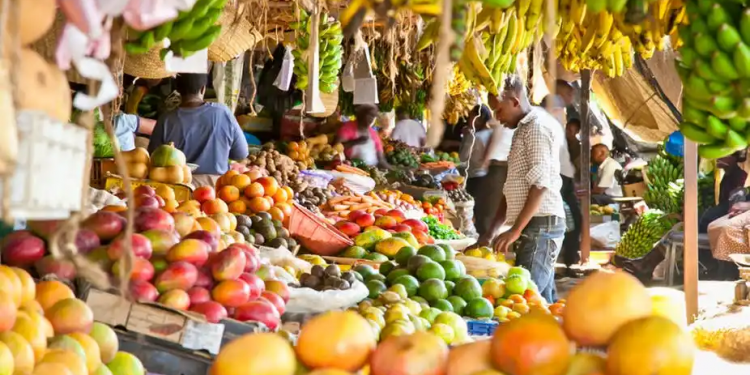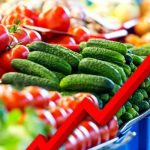African nations spend an average of $50 billion each year importing food, a reliance that could surge to $110 billion by 2025 without urgent interventions, according to a report by the African Export-Import Bank (Afreximbank). Despite vast arable land and natural resources, many African countries are increasingly dependent on external food sources, leading to growing food insecurity and undernourishment.
The report highlights the alarming trend where African nations, even with their fertile land, fail to meet their own food needs. The United Nations Economic Commission for Africa predicts that food imports could rise significantly, reaching $110 billion by 2025, up from $15 billion in 2018.
This dependence on food imports has left African economies vulnerable to external shocks. The ongoing conflict between Russia and Ukraine has exacerbated this problem, particularly for countries reliant on Ukrainian wheat. The war has caused disruptions in wheat supplies, resulting in price hikes and further insecurity across the continent.
The Food and Agriculture Organization (FAO) reports that 282 million people, or 20 percent of Africa’s population, are undernourished, an increase of 57 million people since the start of the COVID-19 pandemic. In 2023, over 846 million people in Africa faced moderate or severe food insecurity, with 315 million experiencing severe conditions. Nearly 30 percent of African children suffer from stunting due to poor nutrition.
In Nigeria, the hunger rate is particularly concerning. With 28.8 percent of its population affected by hunger, the country also faces high rates of child malnutrition, including 18 percent of children being malnourished, 31.5 percent stunted, and 6.5 percent wasted.
Afreximbank stresses that addressing food security and reducing dependence on imports will require a comprehensive approach that tackles both economic and social challenges. If left unaddressed, this ongoing dependence on food imports will continue to strain Africa’s economies, making the continent even more vulnerable to external disruptions.










